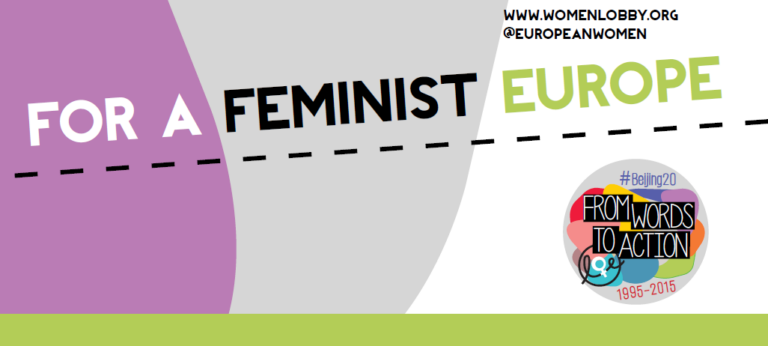[OHCHR, 27 October 2011] “They suffer racial discrimination as black people; they suffer gender discrimination as women; and, as they are often poor, they suffer discrimination on the basis of their economic status,” says Viola Plummer, a human rights activist with the December 12th Movement, speaking of women of African descent.
More than 150 years since the transatlantic slave trade ended, people of African descent continue to face multiple forms of discrimination and denial of their human rights.
The Durban Declaration and Programme of Action, adopted in 2001 as a global framework to combat racial discrimination, recognises enslavement as a crime against humanity with enduring consequences on the victims, particularly people of African descent.
Helen Felter of the Black European Women’s Council cites the case of non-white women in Europe who, according to her, earn 7% less than their equally-qualified white counterparts doing the same kind of work.
The problem, according to Felter, is compounded by institutionalised discrimination against people of African descent, including in the media, which renders them invisible to policy makers and the general public.
“They will write about the work [of a woman of African descent] but they will not have her picture on the article…. On TV, they would rather interview a white woman about the work of a black woman, than the black woman herself,” says Felter. One consequence of this, she adds, is to deny girls of African descent role models.
UN Human Rights chief, Navi Pillay, emphasizes that despite years of discrimination and exclusion, women of African descent continue to make significant contributions to society.
“It is worth underlining the importance of our history books fully reflecting these achievements so that they may serve as a source of pride and inspiration for young girls and all people of African descent,” she says.
Verene Shepherd, a member of the UN Working Group on People of African Descent says women of African descent made a “fundamental contribution” to the anti-slavery movement. Among others, she cites Cecile Fatima of Haiti; Harriet Tubman and Sojourner Truth of the USA; and Nanny Grigg of Barbados as “quintessential rebel women who embodied the spirit of black women’s resistance to systems of domination.”
The International Year for People of African Descent 2011, proclaimed by the United Nations General Assembly in 2009, has among its aims “the promotion of a greater knowledge of and respect for their diverse heritage and culture” and “their participation and integration in all political, economic, social and cultural aspects of society.”
Paula Marcela Moreno, the former Minister of Culture in Colombia, argues that political empowerment of women of African descent is the key to securing their human rights.
“If they are not at the table where decisions are made, their situation will not change,” she says.
As part of their activities to mark the International Year for People of African Descent, the UN Human Rights office and the UN Department of Public Information launched at the UN headquarters in New York a public exhibition showcasing some of the contributions of people of African descent. It will run until 27 November 2011.


